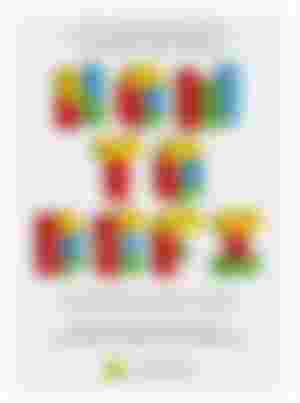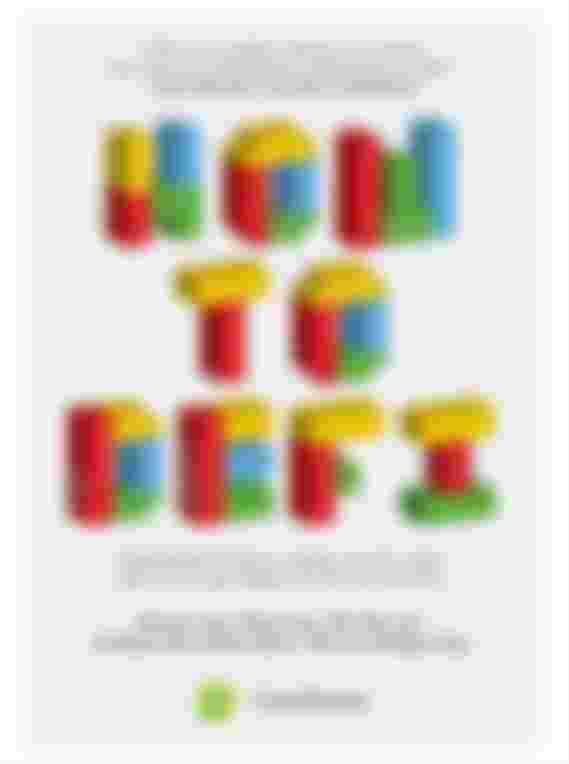
Summary of Previous Chapters
For Chapter One, I summarized the difference between traditional finance and decentralized finance (Defi) as well as the key areas where Defi aims to make an impact. If you are interested on this Chapter, you can accessed it with this link.
In Chapter Two, I discussed the three types of decentralization and seven kinds of Defi Types. You can read the summary here.
Chapter Three: Ethereum, the decentralized layer
At the time of the writing of this book, majority of decentralized applications (Dapps) were built under the Ethereum Blockchain.
Ethereum is a global, open-source platform for decentralized applications. Ethereum is like a world supercomputer that cannot be shut down. Through Ethereum, programmers can write smart contracts that control digital value through a set of criteria and are accessible anywhere in the world.
What are smart contracts?

Smart contracts are programmable contracts that allow parties to specify conditions of the a transaction without reliance to 3rd party. You can think of a smart contract as a LEGO piece. Each LEGO piece can be combined into one big decentralized applications. Once deployed to the blockchain, they run 24/7.
What are decentralized applications (Dapps)?

They have the look-and-feel of a regular websites and mobile applications except that they use smart contracts and interact with the blockchain.
Advantages of Dapps
Immutability - The Dapp records cannot be changed.
Tamper-proof - You cannot cheat, everyone will know what part of the smart contract you have modified because everyone can have a copy of the contract.
Transparent - Open for everyone to see making smart contracts and Dapps auditable.
Availability - The Dapps will remain active and usable as long as the network is active.
Disadvantages of Dapps
Transparency - This feature can be liability. Human errors and openness can make smart contracts vulnerable to attack.
Scalability - It can be a problem for dapps just look at what is happening with the Ethereum network right now.
What are Ether (ETH) and Gas?
Ether is the currency of Ethereum blockchain. It can be used like a money for everyday use just like Bitcoin and Bitcoin Cash or used to pay for the fee of smart contracts and decentralized applications to run within the blockchain. This fee is also known as Gas.
The gas fee depends on the complexity of the transaction. The more complex the transaction is, the higher the gas. The gas is also sensitive to the market. If there is high demand within the blockchain, price goes up. When network demand is low, price goes down.
Other Uses of Ethereum
Ethereum can also be used for creating decentralized autonomous organizations (DAO) and for creating other crypto currencies.
A decentralized autonomous organization is self-governing, meaning it is governed through codes. The codes are based on smart contracts. Governance decisions are decided in a democratic manner through token voting.
Under Ethereum many crypto currencies have been created. There are two ways of creating token in this network: ERC-20 and ERC-721.
The first (ERC-20) is a protocol defining rules and standards for issuing tokens on the network. ERC-20 tokens are fungible or are interchangeable and of the same value. The second (ERC-721) are non-fungible tokens, unique and non-interchangeable. As analogy, ERC-20 are like money while ERC-721 are collectibles.
Insights
Now I understand more why transferring my ETH and Basic Attention Token (which is an ERC-20 token) which I have bought last February was so darn expensive. It must be due to the explosion of decentralized applications in the Ethereum Blockchain. Also, what I really like about Ethereum is that it allowed the creation of other crypto currency which again contributed to the boom of this industry.
This year, non-fungible tokens also become very popular and it looks like this is again pushing the gas upward.
This is now becoming a case where Ethereum is growing too fast and fat, too soon. I heard about Ethereum 2.0 and it would be interesting how this update will reduce the gas fees.
My other interesting blogs about Defi
Please visit these if you are interested in Defi Projects.
In this blog, I shared my discovery regarding a Secret Crypto Exchange for Bitcoin Cash. You can exchange your Bitcoin Cash for over 30 crypto currency and it is located somewhere in this website.
In this other blog, I exposed a scam Defi project. I tried this Defi Project but I did not get my bonus from my sign-up. There are many scams out there, so be careful.
References:


